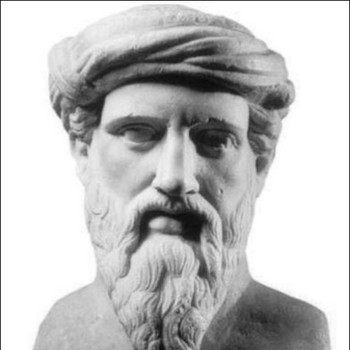We have:
#sin^2(theta) + 3cos^2(theta)=4#
which really is just:
#sin^2(theta)+cos^2(theta) + 2cos^2(theta)=4#
and using the identity #sin^2(x) + cos^2(x)=1# for all #x#, we get:
#1+2cos^2(theta)=4# (eq.A)
We carry on and simplify eq.A until we get an expression for #cos(theta)#:
#2cos^2(theta)=3#
#cos^2(theta)=3/2#
#cos(theta)=+-sqrt(3/2)#
We also notice that #cos^2(theta) =1-sin^2(theta)#, so (eq.A) becomes:
#1+2cos^2(theta)=1+2(1-sin^2(theta))=4#
i.e.
#3-2sin^2(theta)=4#
i.e.
#sin^2(theta)=-1/2#
#sin(theta)= +- sqrt(1/2)# (it should really be 'minus-plus' instead but the symbol does not exist here in Socratic).
So, now it is simply a matter of plugging these in the #tan# function:
#tan(theta)=sin(theta)/cos(theta)#
#=(+- sqrt(1/2))/(+- sqrt(3/2))#
#=+-(1/sqrt(3))#
#=+-(sqrt 3)/3# (it is more conventional to write it like this without the square-root in the denominator).

